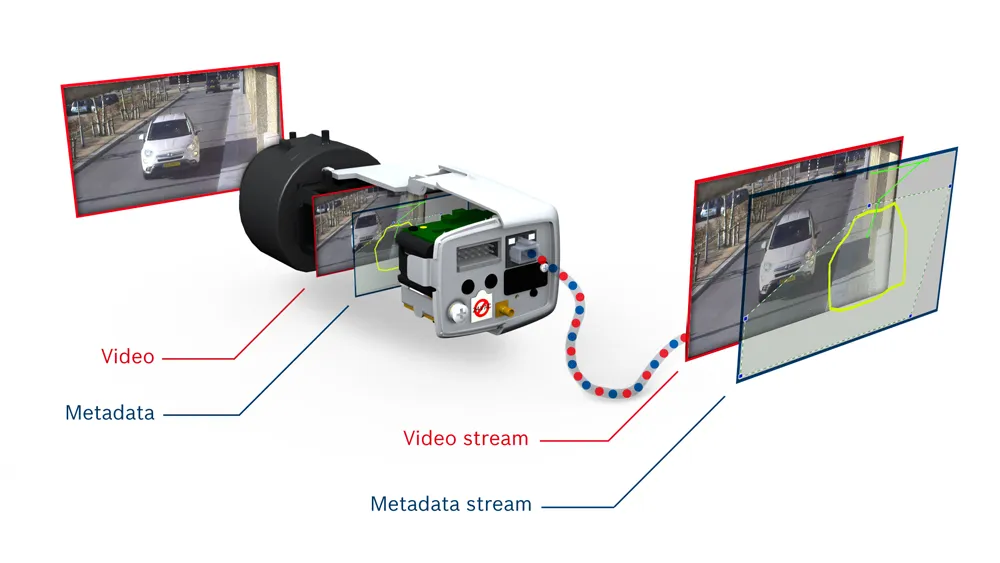Siemens real-time traffic control system, SCOOT (Split Cycle Offset Optimisation Technique), has reduced Ann Arbor, Michigan’s weekday travel times along the Ellsworth Corridor by 12 percent and weekend travel time by 21 percent, according to the company. Based on these results, the city has decided to operate all downtown intersections with SCOOT technology in the upcoming year.
The Siemens SCOOT technology takes an adaptive approach to traffic management, allowing sensors at an intersection to detect v
March 6, 2017
Read time: 1 min
The Siemens SCOOT technology takes an adaptive approach to traffic management, allowing sensors at an intersection to detect vehicle volumes and communicate with the city’s control centre and signals to change traffic patterns in real-time.
In addition to improving traffic flow, the SCOOT system also helps Ann Arbor enhance its operations. According to officials, the system optimises traffic flow and does so reliably utilising automatic monitoring systems.









